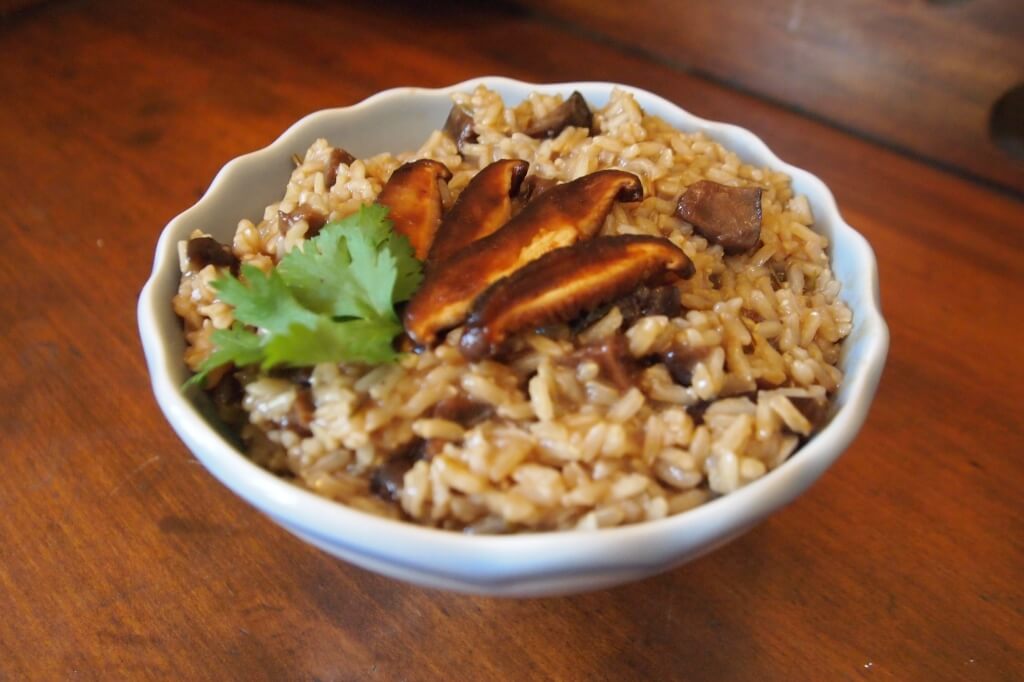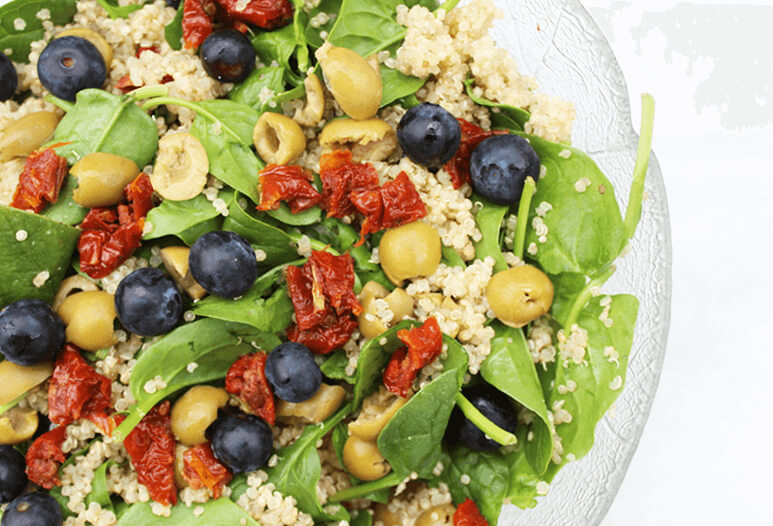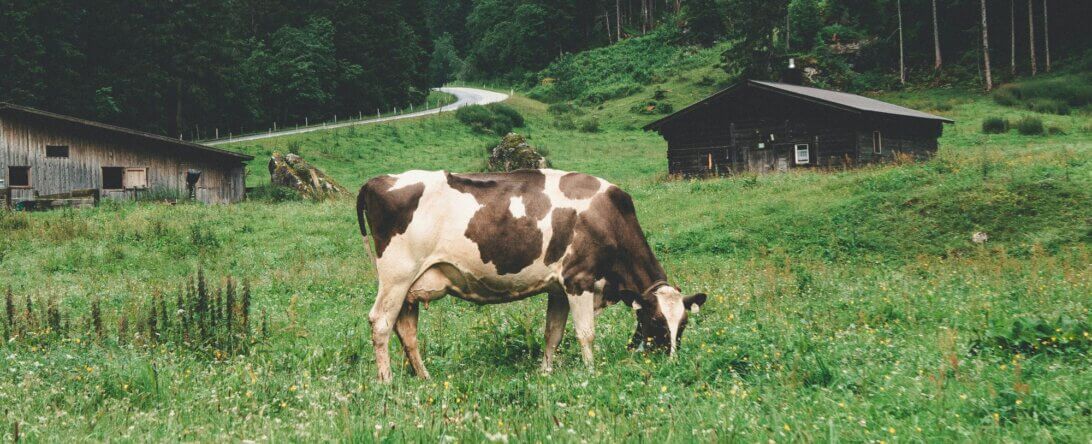Breaking the Stigma Around Animal Rights
Most folks in your life likely support your efforts to help animals, but sometimes you may get weird comments from a few of them. 🙄 Even though more and more of us are choosing to ditch animal-derived foods and other items, there’s still a stigma (mostly based on misinformation) surrounding being a vegan or an animal advocate. Here are some of the most common misconceptions, why they’re straight-up wrong, and why being vegan is one of the best decisions someone can make for animals, the planet, and their own health.
Myth: “Animal advocates are extreme.”
Animal advocates know the facts: Animals have thoughts, feelings, relationships, and interests of their own. So, what’s more extreme—not wanting to harm them or propping up industries that tear them away from their fams, abuse them, and slaughter them? 🤔
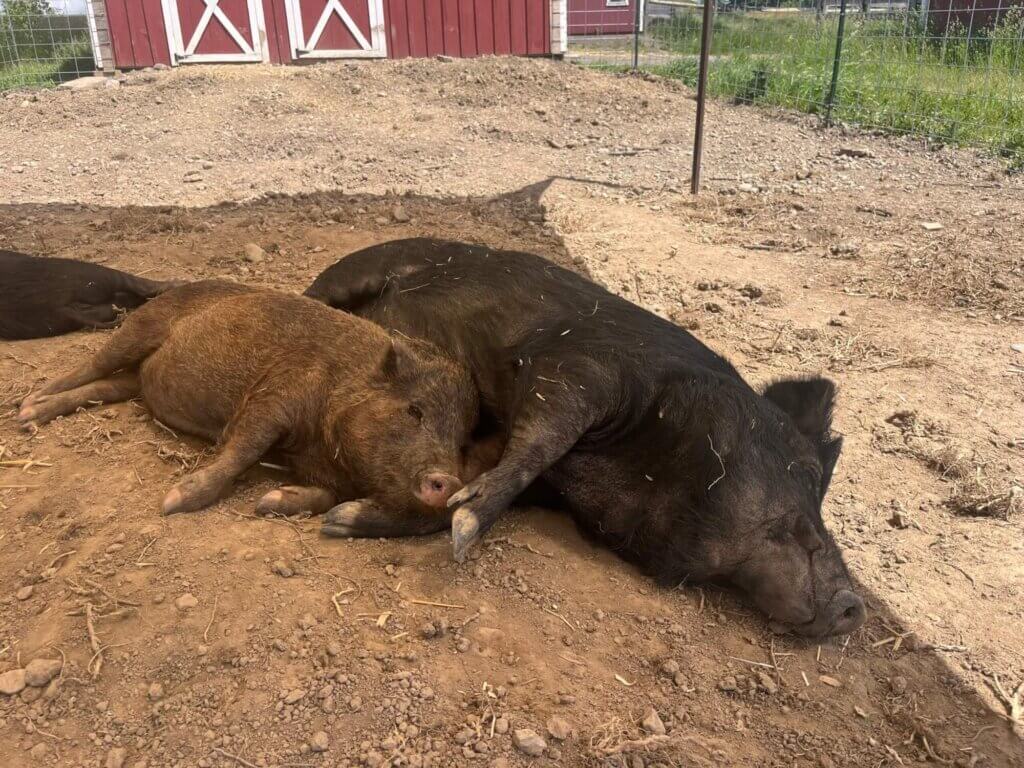
Myth: “Animal advocates care more about animals than about humans.”
People use speciesism—the mistaken belief that other species are inferior to ours—to exploit sentient beings, and of course animal advocates are gonna combat that. But speciesism harms humans, too—just look at slaughterhouse workers, who often have to work 10+ hours a day and lose limbs and eyes in machinery accidents. Taking down industries that harm cows, chickens, and other animals would be a huge W for everyone who’s exploited in them.
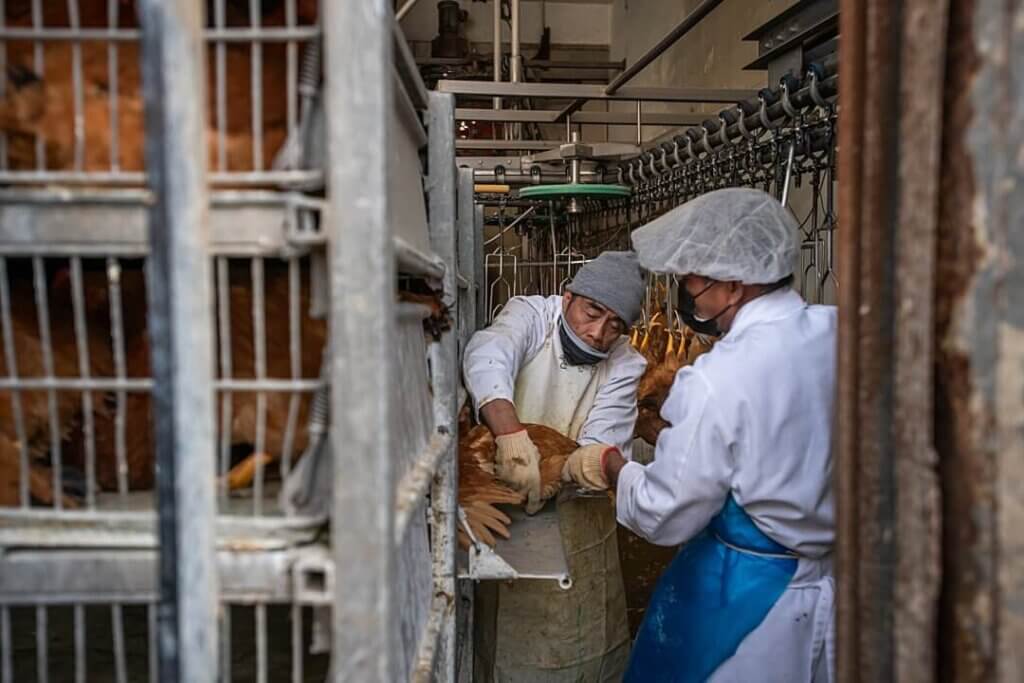
Myth: “Being vegan is expensive and only for the privileged.”
Going vegan is the best thing you can do to help animals, but some folks think you need a lot of money to make the switch. Here’s the truth: You can 100% be vegan on a budget. Vegan staples like rice, beans, tofu, broccoli, peanut butter, bananas, pasta, potatoes, and bread are some of the cheapest, easiest-to-find, and healthiest foods you can buy. 🤑
Myth: “In order to be an animal advocate, you have to protest.”
Protesting is a great way to speak up for animals, but it’s def not the only way. You can sign petitions, post on social media, chalk, make art, leaflet, table, and do basically anything else that spreads the word that animals are not ours to use.
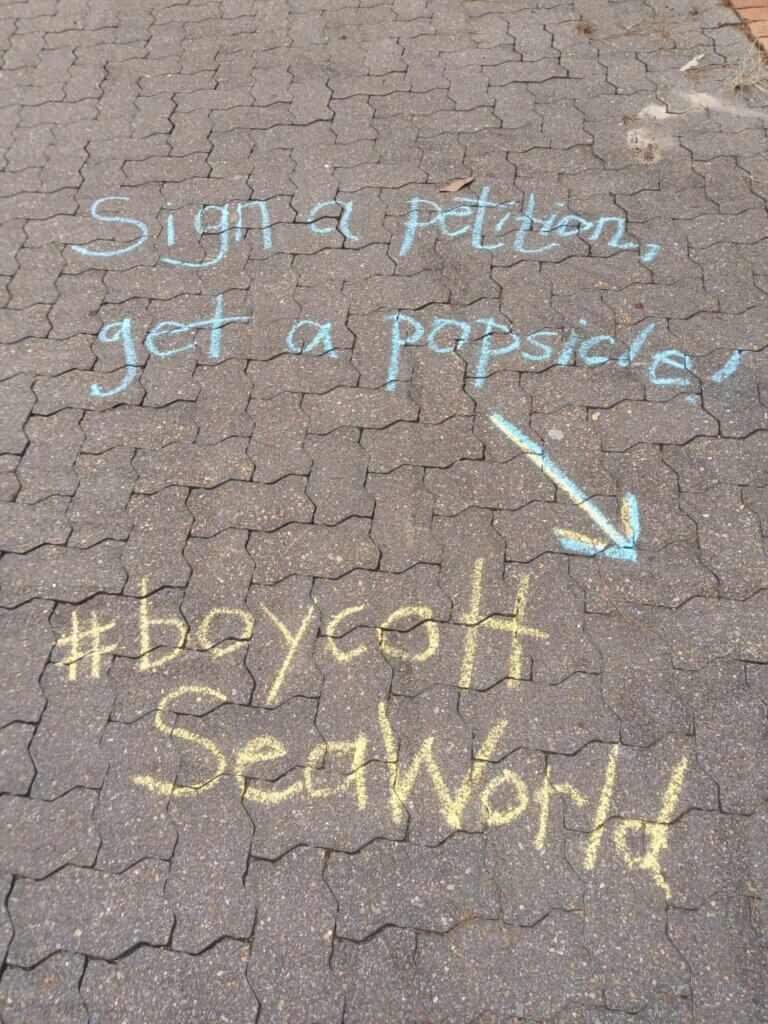
Myth: “Testing on animals is necessary in order to make progress in medicine.”
Countless humans die from diseases every day, and we need to fund effective experiments to help find treatments and cures—which is exactly why testing on animals needs to end, stat. According to the National Institutes of Health, 95% of new drugs that are shown to be safe and effective in other animals fail in human trials, most often because ofc a mouse or a rat or a monkey is not a human and usually has a completely different reaction to a drug. Non-animal methods that are actually applicable to human health are usually faster and cheaper, too.
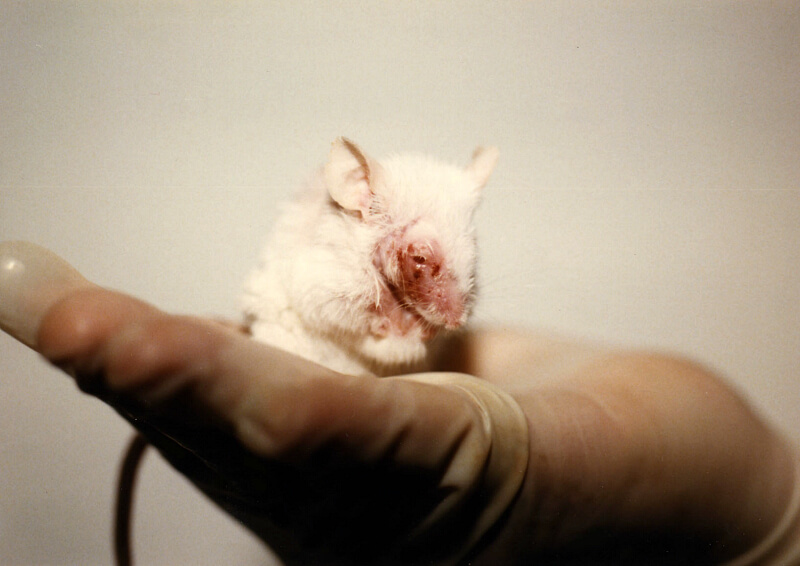
Myth: “Being vegan isn’t masculine.”
If “masculine” means being strong, courageous, independent, and a leader, nothing fits the bill better than being an animal advocate. It takes strength and courage to stand up for the oppressed and align your actions with your principles day after day. Plus, being vegan when those around you aren’t makes you an independent thinker and a bold leader.

Myth: “Being vegan means you have to be perfect.”
Sorry to call out you fellow perfectionists, but no one is perfect, and that’s OK! 😅 Being vegan isn’t about personal purity—it’s about doing the best we can to help animals while still living a normal life. That means you don’t have to sacrifice eating delicious food, using skincare/beauty products, wearing comfy clothes, or engaging in any other part of a typical lifestyle—vegans just do it all without harming animals.
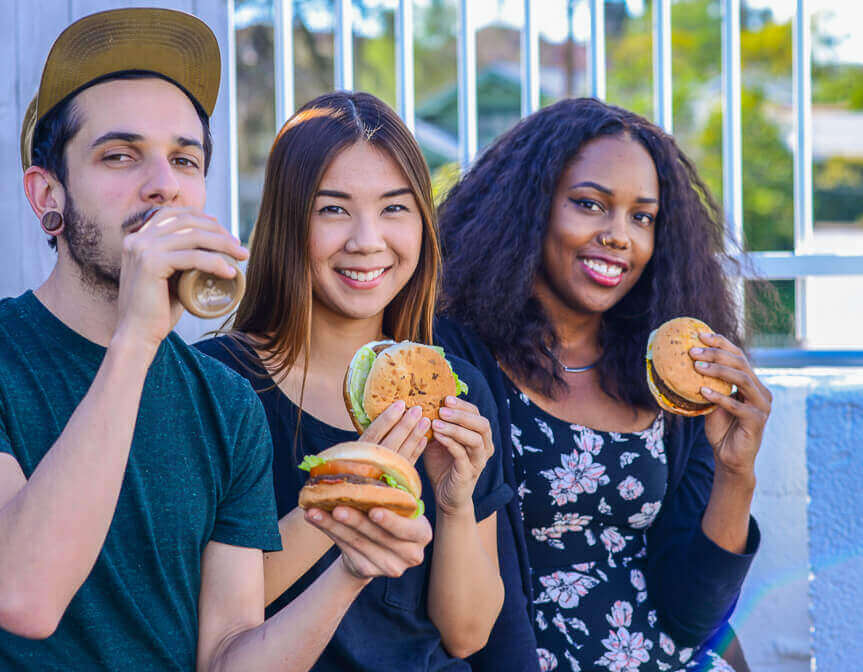
Myth: “Being vegan isn’t healthy.”
It’s great to be super-conscious of your health, so let’s be clear: Eating vegan is one of the healthiest choices you can make. As long as you include a good variety of vegan foods in your diet, you can get all the protein, iron, and other nutrients you need without eating anything that comes from an animal.
*****
For tips on responding to a ton of other weird comments you may hear, check out peta2’s “Vegan Outreach FAQ.”
And it’s ridiculous that people with the kindest intentions often get picked on. 😔 Try following these tips if you’re ever bullied for caring about animals:
Text peta2 to 30933 for ways to help animals, tips on compassionate living, and more!

Terms for automated texts/calls from peta2: http://peta.vg/txt. Text STOP to end, HELP for more info. Msg/data rates may apply. U.S. only.

